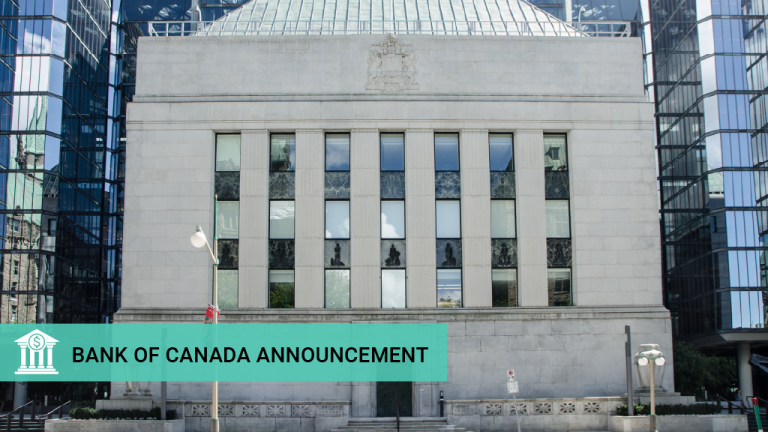
If you’re one of the nearly 680,400 Quebecers who will be renewing their mortgage over the next 18 months,1 you may be concerned about your ability to afford an increase in your monthly payments.
Although the Bank of Canada left its key lending rate unchanged at 5.0% on October 25th for the second time in a row, the central bank has introduced an unprecedented number of rate hikes since March of 2022, taking interest rates from historic lows to a two-decade high.
A new survey, commissioned by Royal LePage and conducted by Nanos,2 reveals that 28% of Quebecers with a residential mortgage will renew their lending agreement within the next 18 months (13% within the next 12 months and 15% within 12 to 18 months). This equates to almost 680,400 people who will have to renew their mortgage agreement by March 2025. Of them, 79% are concerned about their upcoming renewal.
“Variable-rate mortgage holders, who represent about one in five Quebecers today, are more conscious than ever about interest rate fluctuations since the Bank of Canada began its aggressive campaign to reduce inflation,” said Martin Philippe, residential and commercial real estate broker, Royal LePage Patrimoine in Repentigny. “While the vast majority of homeowners currently hold fixed-rate mortgages, many will have to adapt to much higher borrowing costs over the next year and a half. Looking ahead, some homeowners or potential buyers are hopeful that rates will start to decline towards the end of 2024, but it seems that the days of ultra-low rates are a thing of the past.”
According to the survey, 94% of mortgagees in the province obtained their mortgage from a prime lender, the highest rate in the country. Seventy-five per cent have a fixed-rate mortgage (open or closed), and 20% have a variable-rate mortgage (open or closed).
Thirty-three per cent of variable-rate or hybrid mortgage holders in Quebec say that higher interest rates have put major financial strain on their household; 42%say that increased rates have imposed minor financial strain. In order to cope with higher mortgage payments, 45% of them have decreased discretionary spending. Sixty per cent of variable-rate or hybrid mortgagees in the province say that higher interest rates have caused their mortgage payment to hit its trigger rate and subsequently caused an increase to their monthly payments.
When asked about the imminent renewal of their mortgage, many Quebecers say they are considering changing the type of mortgage product or extending the amortization period, as well as taking other steps to reduce their costs. In fact, 23% have considered changing lenders in order to obtain a better rate, while 22% of residential mortgage holders concerned about their renewal say they have considered extending the amortization period of their mortgage. Eighteen per cent of Quebec mortgage holders considered extending the term of their next mortgage, 19% considered selling their home and buying a smaller property in order to reduce the size of their mortgage, and 19% considered switching to a fixed-rate mortgage. Respondents could choose more than one answer.
“In today’s higher-interest-rate environment, I recommend that homeowners who are concerned about their mortgage renewal get in touch with their lender to ask about possible solutions,” suggested Philippe. “Financial institutions are aware of current challenges and can propose a number of options. The good news is that we’ve probably reached, or almost reached, the peak of interest rate hikes, which will enable households to plan their budgets more easily in the months ahead.”
1Based on Statistics Canada. Table 17-10-0005-01 Population estimates on July 1st, by age and sex for Quebecers aged 26-74 in 2022 and survey results indicating 44% of respondents currently hold a residential mortgage.
2Nanos conducted an online representative non-probability panel survey of 2,004 Canadians, including 933 current residential mortgage holders between the ages of 27 to 75, from September 8th to 14th, 2023. The sample is geographically stratified to be representative of Canada. No margin of error applies to this research.





